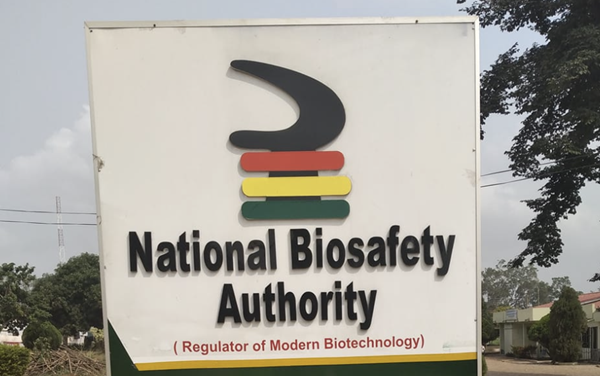
Ghana’s apex human rights court has dismissed an interlocutory injunction application brought against that country’s National Biosafety Authority (NBA) by Food Sovereignty Ghana and others regarding the approval of 14 genetically modified crops for planting and consumption in the country.
Justice Barbara Tetteh-Charway, ruling on the matter on Tuesday, April 30, 2024, affirmed the NBA’s diligence in fulfilling its statutory mandate to ensure the safety and regulatory compliance of GM crops within Ghana’s agricultural sector.
The NBA recently granted commercial approval for 14 innovative GM products, comprising eight maize and six soybean varieties.
In response, Food Sovereignty Ghana and others filed a motion for interlocutory injunction on April 10, 2024, seeking to restrain the National Biosafety Committee and others from releasing any GM product into the Ghanaian ecosystem.
The court emphasised that seeking information from the NBA could have pre-empted the need for the injunction application.
This landmark ruling signifies a significant advancement for stakeholders in biotechnology and agricultural innovation. It underscores the importance of science-based biosafety systems in expanding producer choice, fostering consumer confidence, facilitating trade and promoting agricultural research and development.
The substantive matter is scheduled for further deliberation on Friday, May 24, 2024.
In response to the judgment, the NBA reiterated its commitment to ensuring the safety of modern biotechnology in Ghana and pledged to engage stakeholders transparently.
Controversies surrounding the approval of GM crops have been prevalent in several African countries, including Nigeria and South Africa. Critics and food experts have raised concerns about the safety of GM crop consumption by humans.
Nigeria recently approved the commercial planting of four varieties of genetically modified corn, becoming the second African country after South Africa to adopt and commercialise these “T maize” varieties, according to a report published by the United States Department of Agriculture and the Global Agricultural Information Network (GAIN) in February.
The move has sparked criticism and debate, highlighting the ongoing discourse surrounding the adoption of GM crops in Africa.

